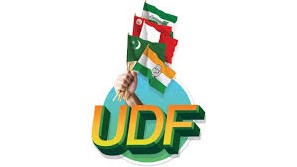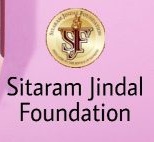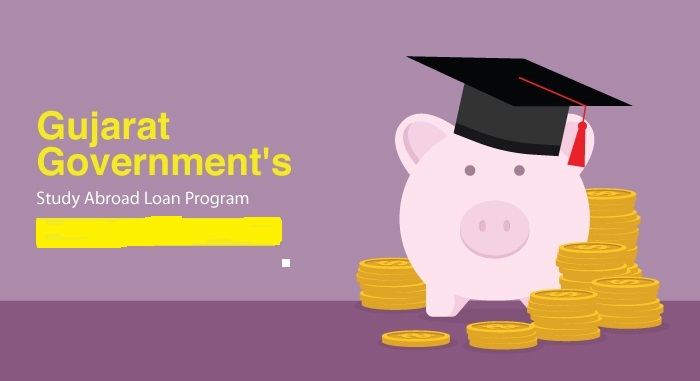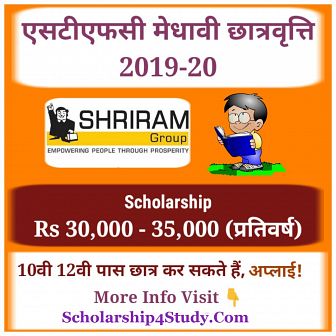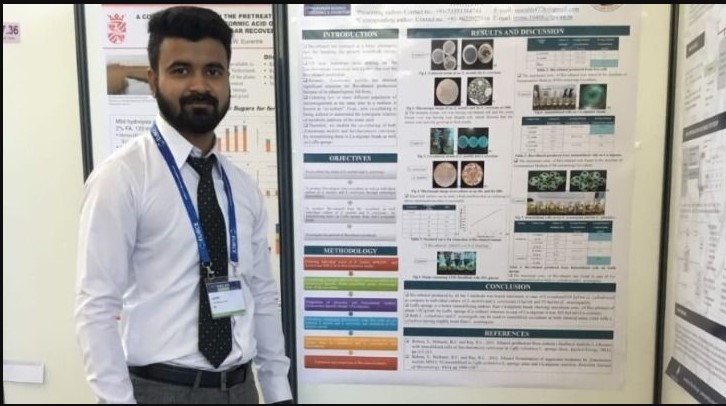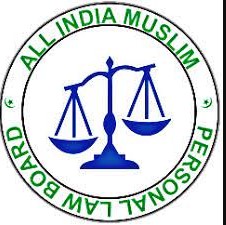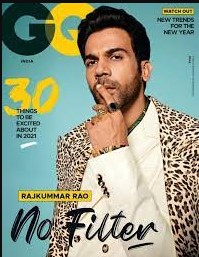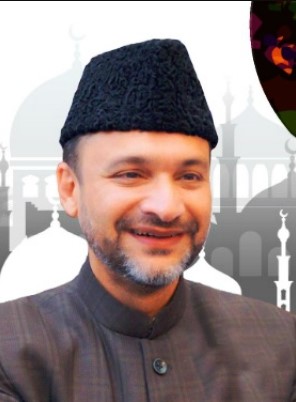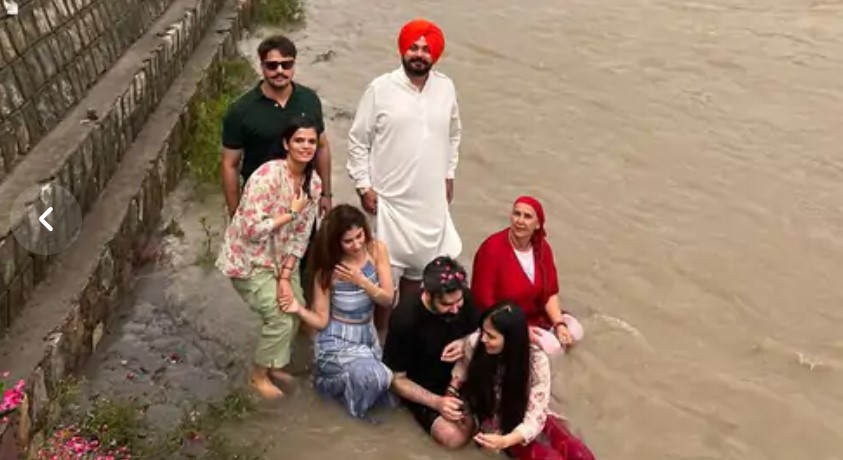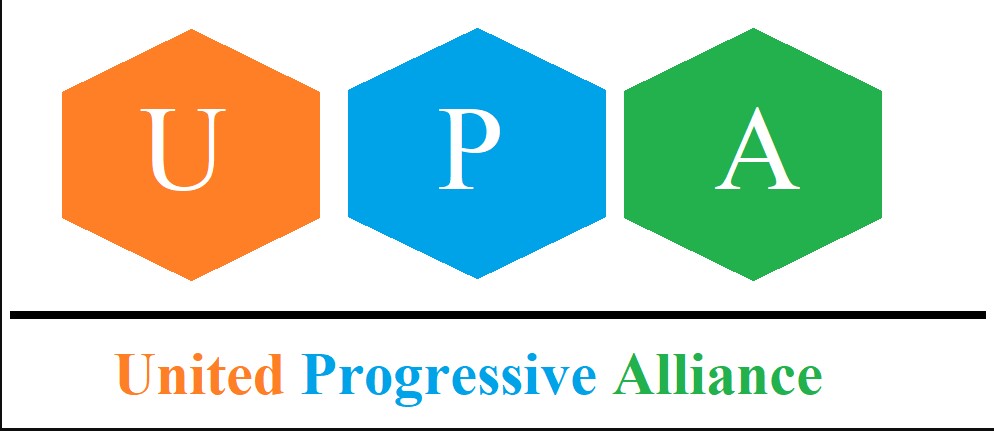
United Progressive Alliance (UPA) is a coalition of centre-left political parties from India that was formed after the general elections in 2004. The largest party under the UPA is the Indian National Congress and it formed government at the center with support from some other left-aligned parties in 2004.
UPA was formed with a coalition of around 10 political parties and has Mrs Sonia Gandhi as its chairperson.
The UPA was formed post the 2004 general elections when it had become clear that no party had won an absolute majority. Until then the ruling Bharatiya Janata Party-led National Democratic Alliance (NDA) had won 181 seats in the 543-member 14th Lok Sabha, as opposed the UPA's tally of 218 seats.
Initially, the UPA government's policies were guided by a common minimum programme, which propagated the alliance produced with consultations with and Harkishan Singh Surjeet Jyoti Basu of the 59-member Left Front.
The United Progressive Alliance (UPA) is a political alliance in India that was formed in 2004. It is led by the Indian National Congress (INC), one of the major national political parties in India. The UPA aims to bring together like-minded parties with center-left ideologies to contest elections and form a government at the national level.
During its tenure from 2004 to 2014, the UPA formed the government under the leadership of Prime Minister Manmohan Singh. The UPA government implemented several significant policy initiatives, including the National Rural Employment Guarantee Act (NREGA), Right to Information Act (RTI), and the Right to Education Act (RTE). It also pursued economic reforms and social welfare programs.
The UPA consists of various regional and national political parties that align with its center-left ideology. Some of the prominent parties in the UPA include:
- Indian National Congress (INC): The INC is the leading party in the UPA and has been a dominant force in Indian politics for decades. It has a pan-Indian presence and has historically been associated with the Nehru-Gandhi family.
- Nationalist Congress Party (NCP): The NCP is a regional party primarily active in the state of Maharashtra. It was formed by leaders who split from the INC in 1999.
- Dravida Munnetra Kazhagam (DMK): The DMK is a regional party in Tamil Nadu, known for its Dravidian ideology and strong influence in the state's politics.
- Trinamool Congress (TMC): The TMC is a regional party in West Bengal, led by Mamata Banerjee. It gained prominence in recent years and has become a significant force in the state's politics.
The composition of the UPA may vary from election to election as parties join or leave the alliance based on strategic considerations and political dynamics. It's important to note that the UPA's influence and presence at the national level have diminished in recent years, with the Bharatiya Janata Party (BJP)-led National Democratic Alliance (NDA) coming to power in the 2014 and 2019 general elections.

